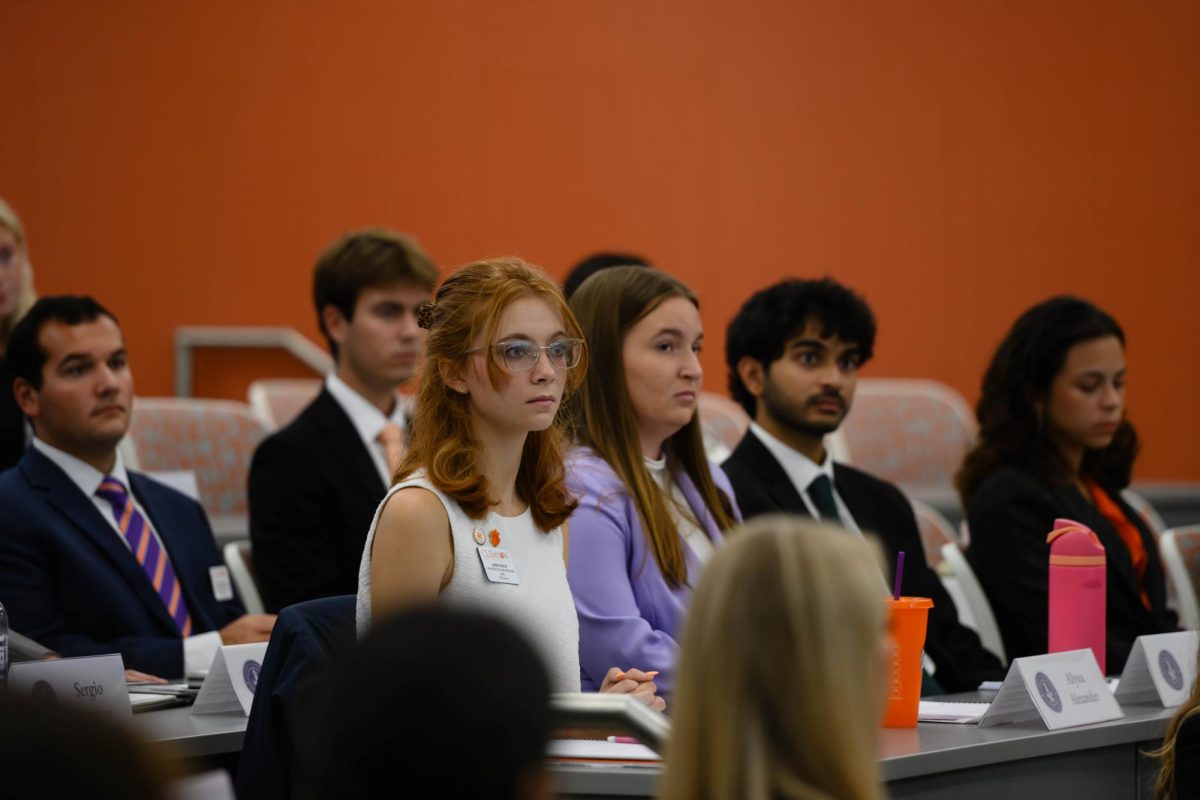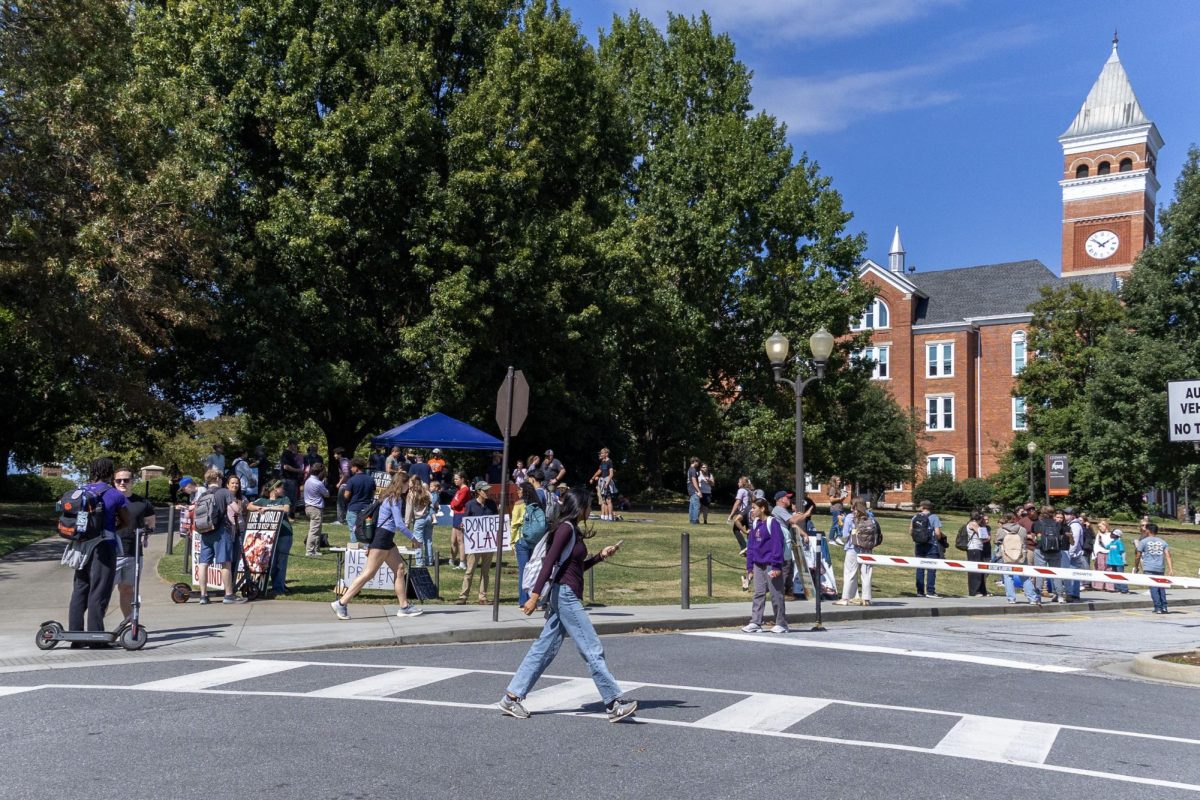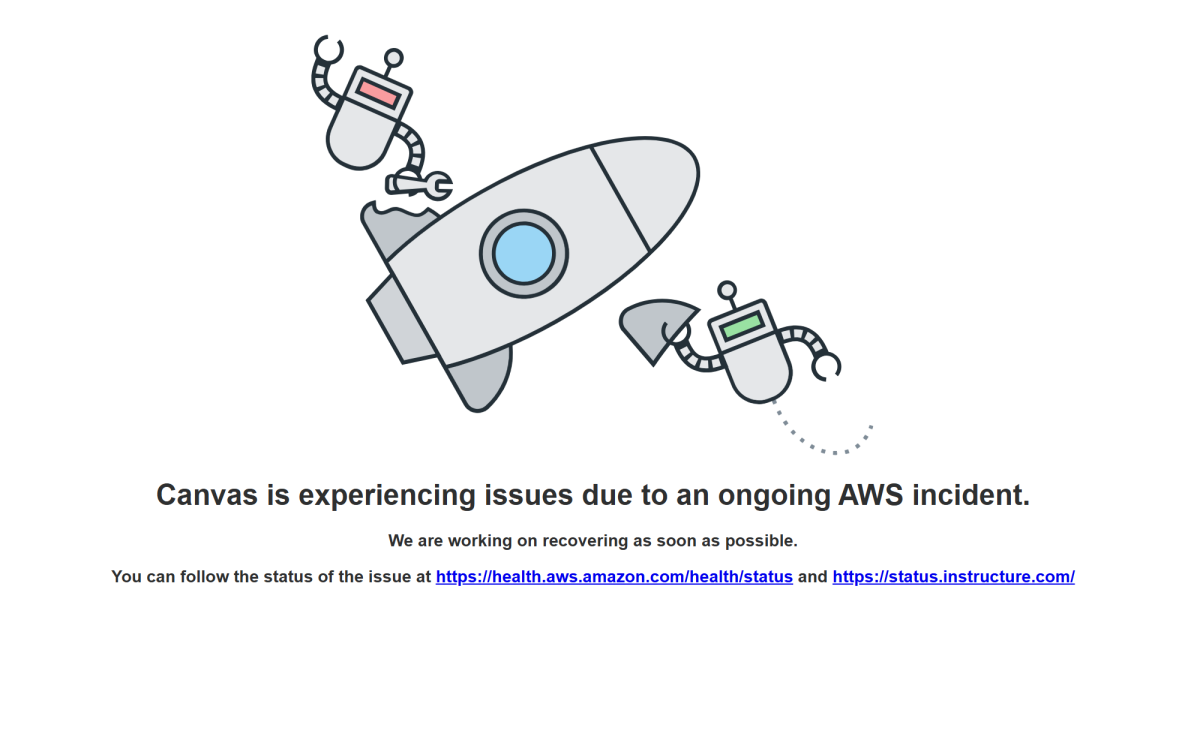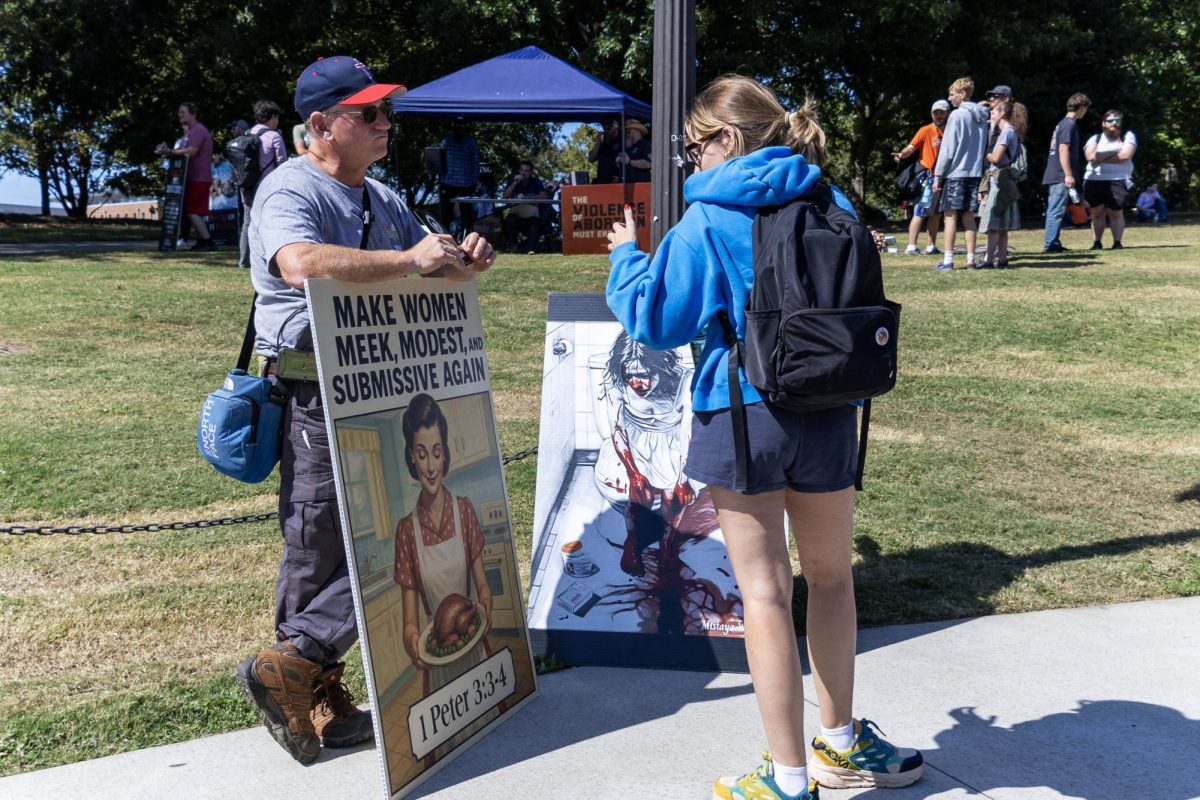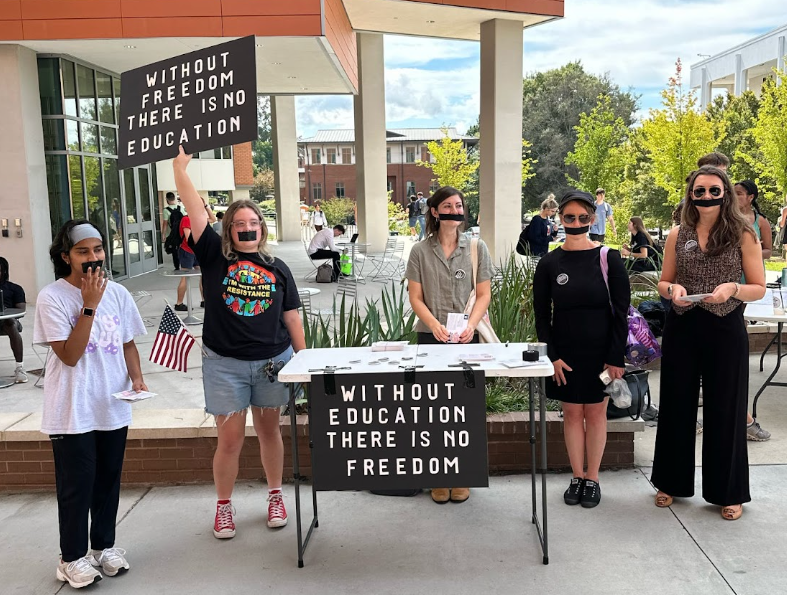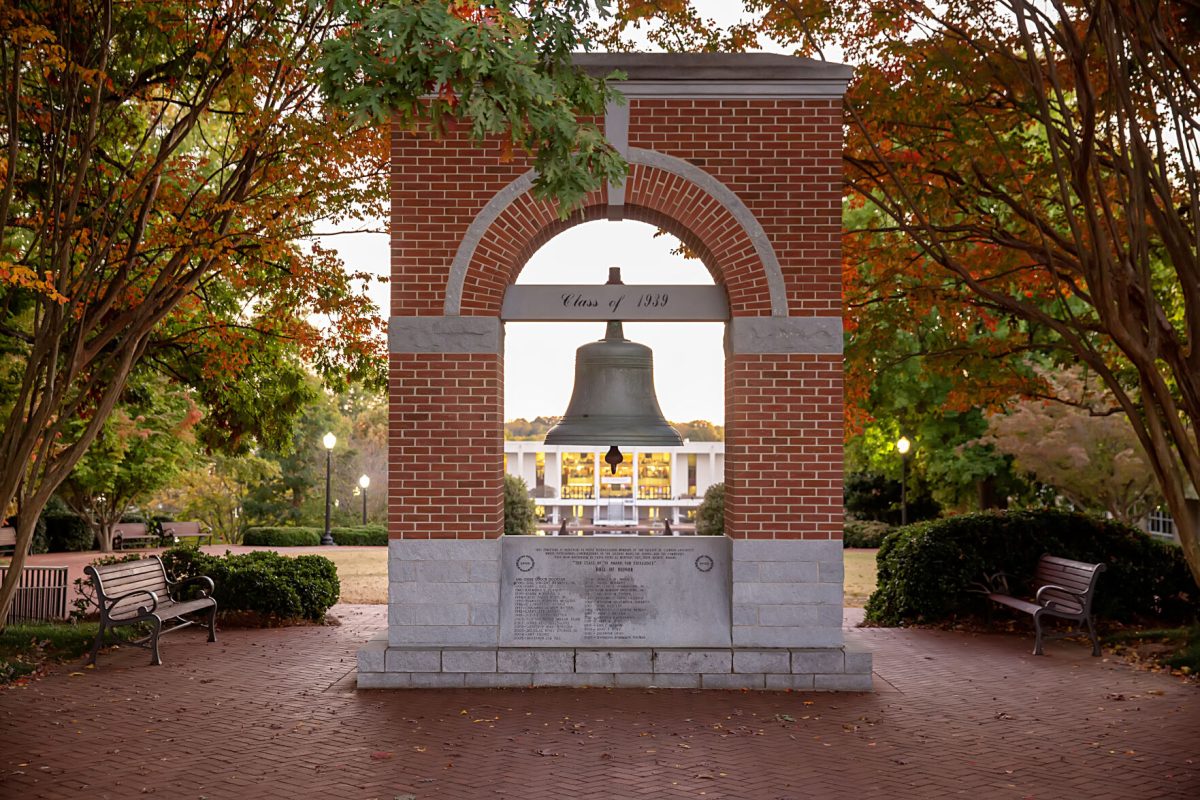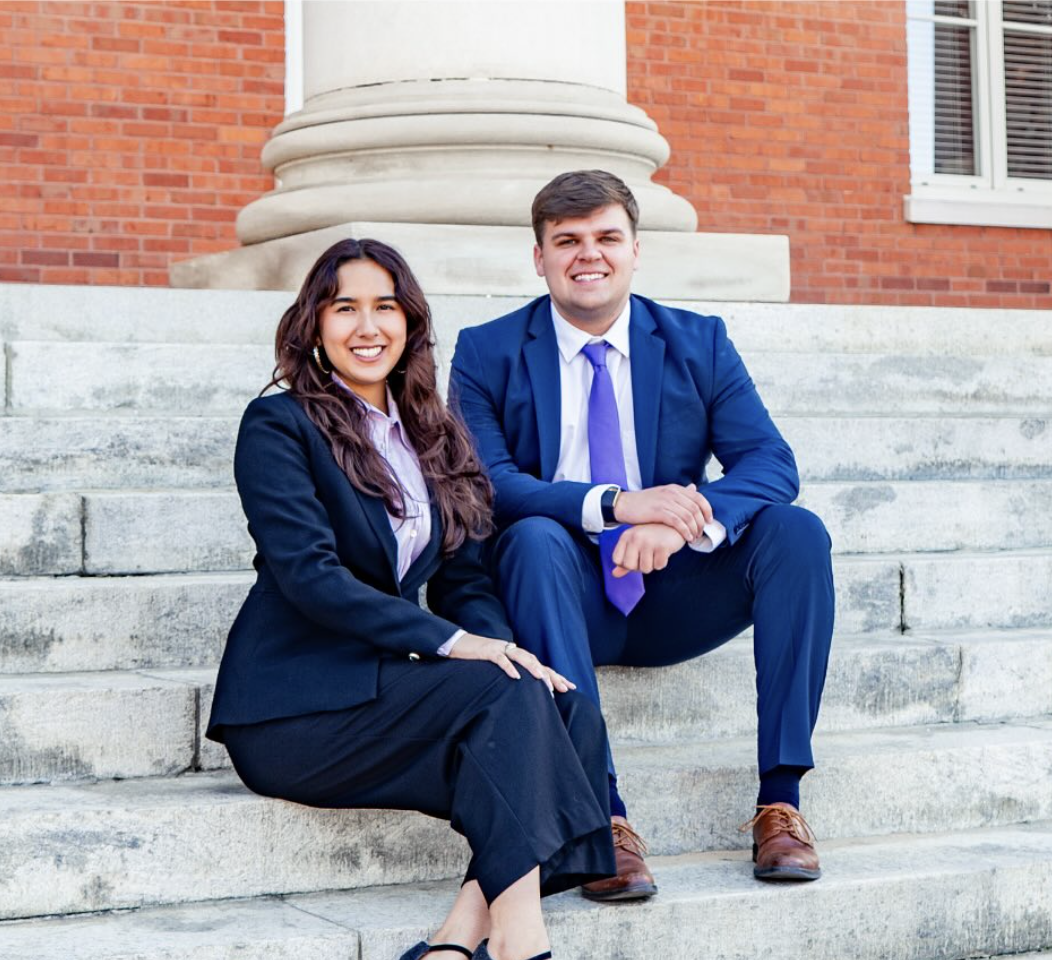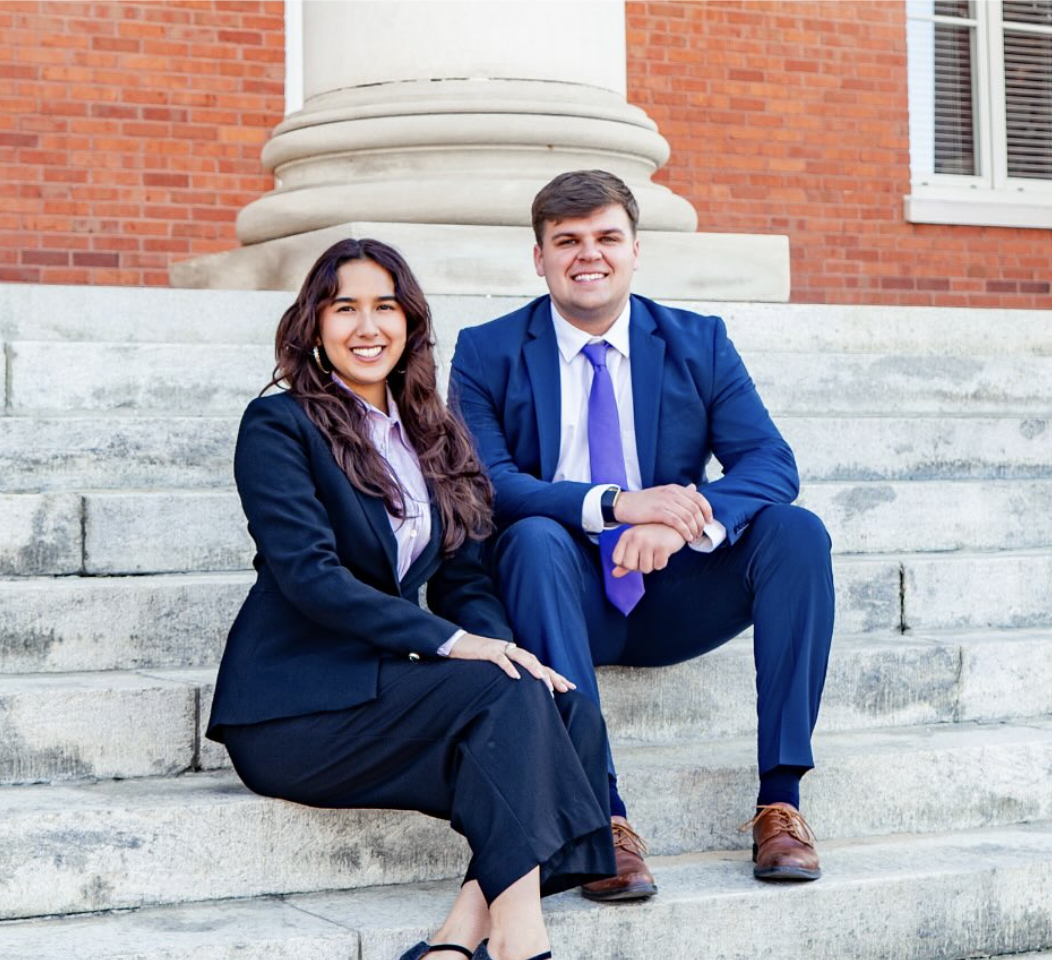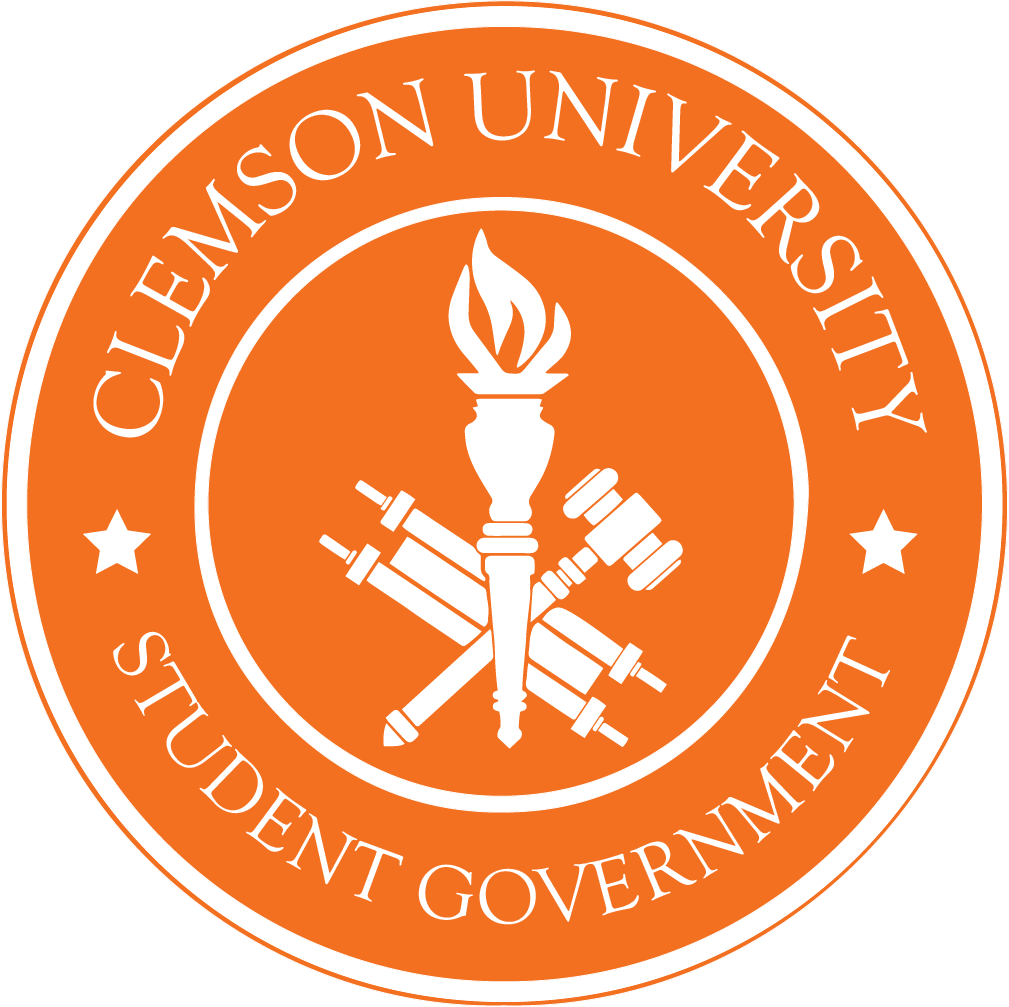The Clemson Undergraduate Student Government Senate vetoed a bill at a meeting on Oct. 6 that would change the student body presidential election voting bylaws.
For the student body, this means “everybody has an easier time, more transparency and a better election overall,” Brody Kestel, CUSG senate clerk, said during the meeting.
Kestel, the bill’s author, wanted to pass it for the public’s “better understanding of the rules of the election” to have a fairer, more integrity-based election. This idea comes after a runoff election was required this past election cycle due to “extenuating circumstances.”
“There’s no secret that election day last year was a mess, and then there was a period of time where students didn’t really know what was going on,” Senator Angel Feliz Gomez, CUSG’s chair of the equity and inclusion committee, said.
Kestel elaborated that the proposed bill doesn’t mean that every detail of elections would be displayed “out in the open.” Some discussions would be kept private to maintain integrity.
Kestel explained that from the students’ perspective, this bill allows more transparency “in terms of what is being made public to them.” He noted that there have been many complications with previous elections in past years due to a lack of transparency.
During this senate meeting, two amendments were proposed; both addressed how violations of the senate members should be publicly shared with the student body.
The first proposed amendment recommended sharing the minutes of every violation hearing with the student body. This amendment would involve closed hearing minutes as well as private information about respective candidates who have violated bylaws.
Senators argued that witness anonymity would be put at stake and that records could follow students into their career lives. Others, however, argued that constituents should know what takes place in the closed hearings. After much debate among senators, the amendment did not succeed in winning the majority votes to be passed.
Another proposed amendment had similar intentions of sharing the violations hearings with the student body. The difference was that this amendment proposed that “all of the violations, whether standard, severe or immediate disqualifications, to be made public to the body.”
Kestel claims that “some of the violations are made public in the (current) version of the bylaws.” His intention was to expand “the immediate disqualification, as well as the standard violations, but in its current state, only those things are transparent.”
These violations would have been sent as final verdicts, regardless of severity, to violations or disqualifications, “to the same standard of public accountability,” Kestel continued.
The goal is to promote integrity among tickets and would decrease the probability of violations occurring in the first place.
The bill itself wouldn’t release the standard violations to the public as they “were not that pertinent,” Kestel said. He then described a scenario of receiving a violation for wearing a Clemson paw print in specific situations and how that would be cause for a standard violation.
The author of the amendment says that “silence tends to breed rumors and distrust.” Kestel wants to promote “official communication through the means that the secretary of elections decides can promote confidence.” The change will not alter how the election board decides how the violations will be handled throughout hearings, but will “ensure the process is open, consistent and accountable to the student body” that CUSG serves.
Senators continued arguing on this amendment, both for the transparency to the student body and for the varying severity of violations or the privacy of the hearings. Individuals raised concerns about the records of violations following the students to their future careers and affecting job opportunities once more; others were concerned about reactions from the student body in regards to guilty vs. not guilty officials.
The second amendment vote came close to a tie, but did not reach the two-thirds majority, and therefore did not pass. 69_SB_25, without the new amendments, did pass in the Senate.



